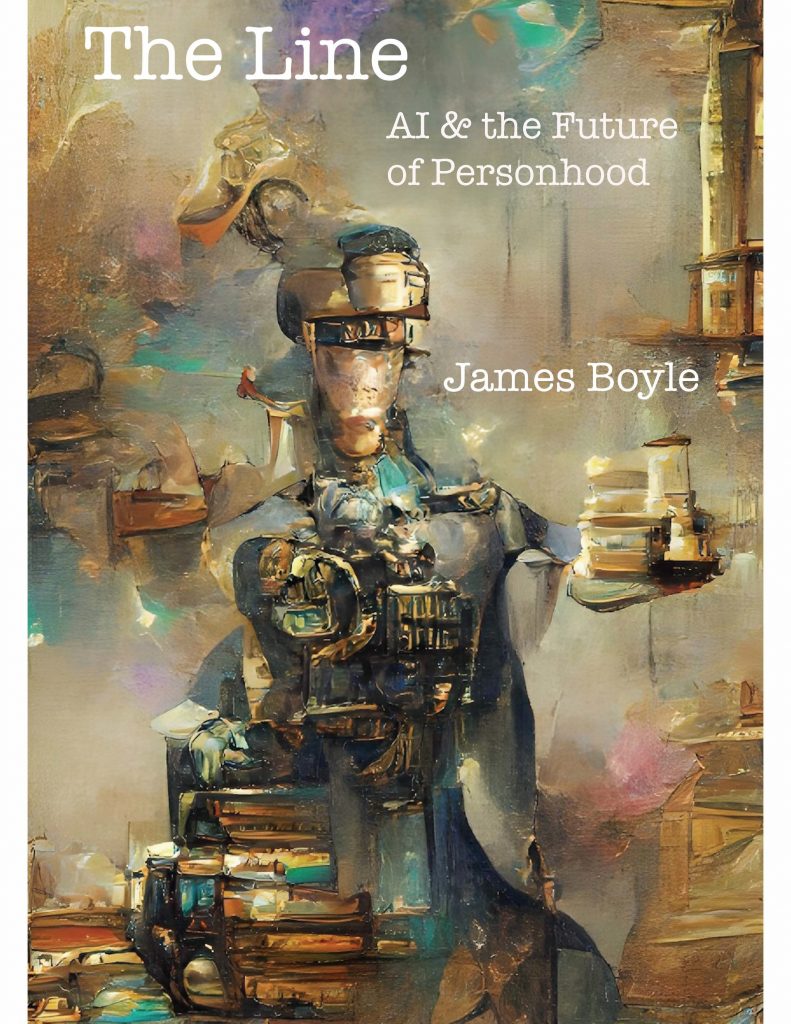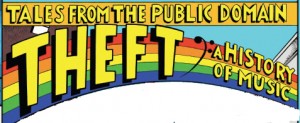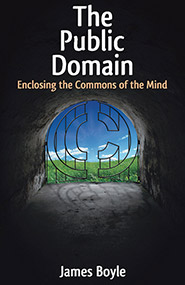That’s the title of a new article I wrote for the Financial Times. The article is about a truly toxic Bill.. ..that would effectively forbid the Federal government from requiring researchers who take government grants (eg from the National Institutes of Health) to make their publications available on the open web. NIH’s current policy is to require this but only within 1 year of publication, and not to require that the final printed version of the article is available — both provisions aimed at making commercial publishers comfortable with the arrangement. Even this, modest, requirement is under attack, however. This Bill would forbid it, and forbid it for ANY government agency.
In the article, I try to imagine the dialogue that could lead up to such a disastrous proposal….
Staff: ”Hey. Here is a Bill that 33 Nobel prize winners say will dramatically harm science. The current and former heads of NIH agree.”
Representative: ”What do they know about science! Let’s endorse it.”
Staff: ”A group of legal scholars says that it will mess up copyright law and undercut a central tenet of Federal information policy.”
Representative: ”Pshaw. We got our copyright opinion directly from the commercial publishers. They say it will be great! Why would they lie?”
Staff: ”And the patients’ rights groups say it will tragically limit patients’ access to medical studies that their own tax dollars have funded, and slow down research that could provide a cure more quickly.”
Representative: ”Whiners. Since when have sick people had anything useful to teach us about medical research?”
Staff: ”There is empirical evidence that requiring open access after a reasonable delay has not in fact resulted in cancellation of subscriptions to commercial journals. In fact in some cases, circulation has increased.”
Representative: ”Look, I am a politician. I can’t be expected to look at actual evidence. Besides this bill only applies to research that has been contributed to by someone else than the federal government, or where value has been added by someone who is not supported by a federal grant.”
Staff: ”Yes, but lots of research has other sources of support; from the university where the professor works, or from private philanthropists. Those groups actually want open access. And the other limitation means that any commercial publisher can say ’well, we edited the article and published it, so you can never require us to allow open access, even after a year’s delay.’”
Representative: ”That’s all too technical for me to think about. We’re done here. I can’t worry about this penny ante stuff. I need to be thinking about how to revitalize the American economy. Maybe tax cuts for homeowners? Encouraging profligate and unwise spending on home purchases worked so well last time…”
Staff: ”But science and technology is one of our single biggest hopes for growth and this is going to really hurt science…”
[Door closes behind Representative.]
The rest is here








